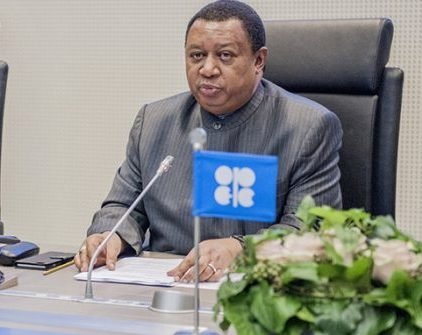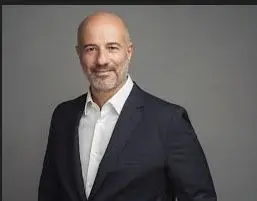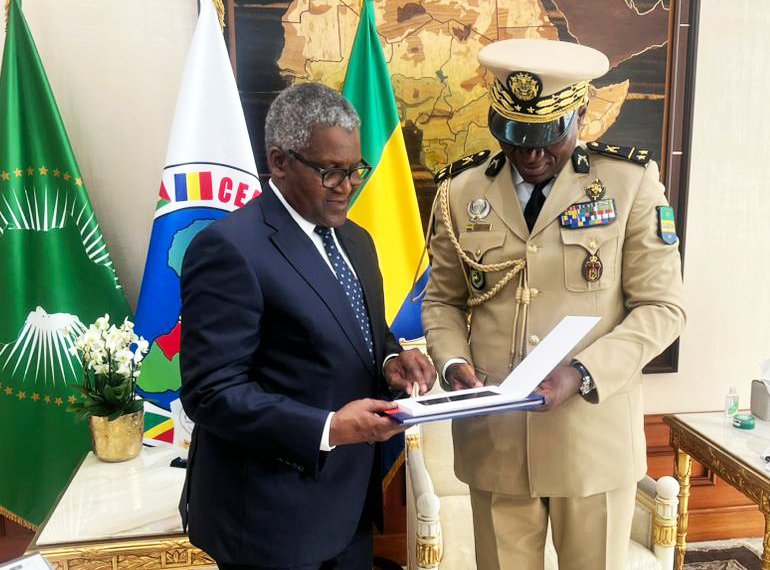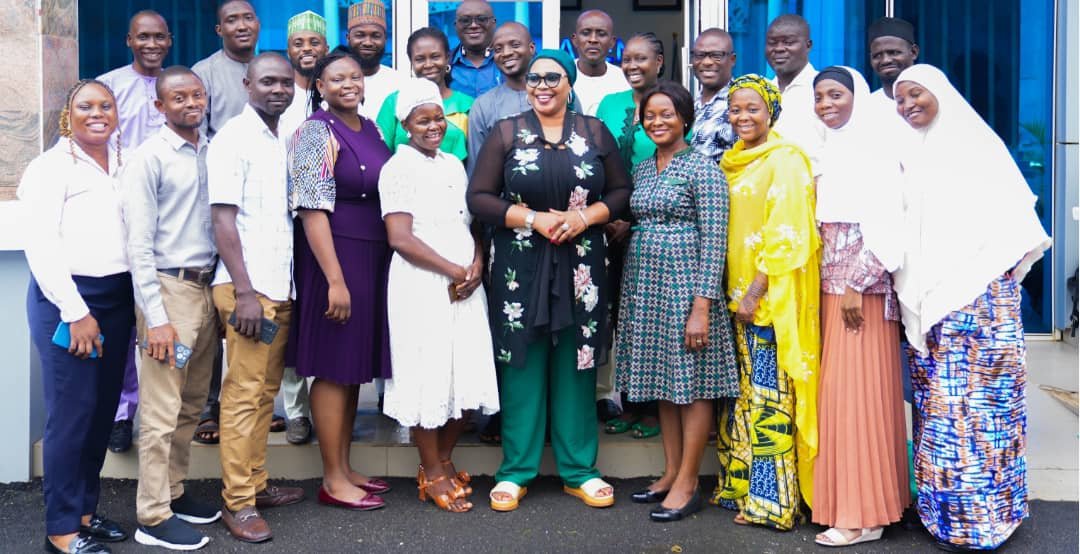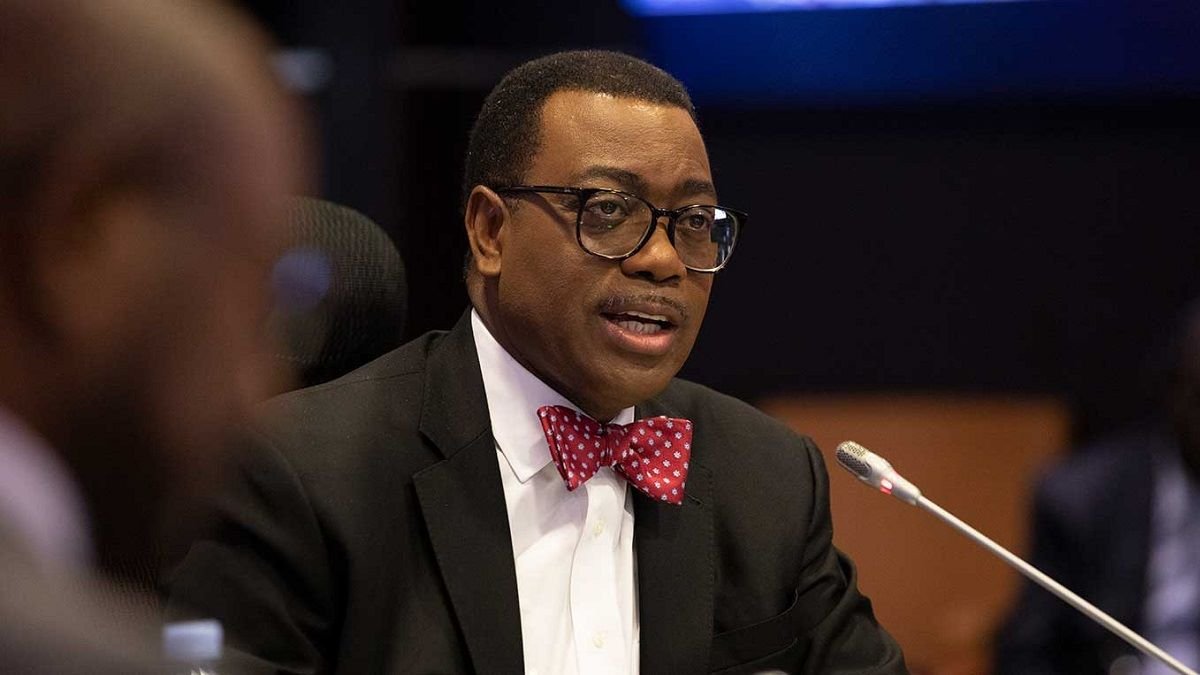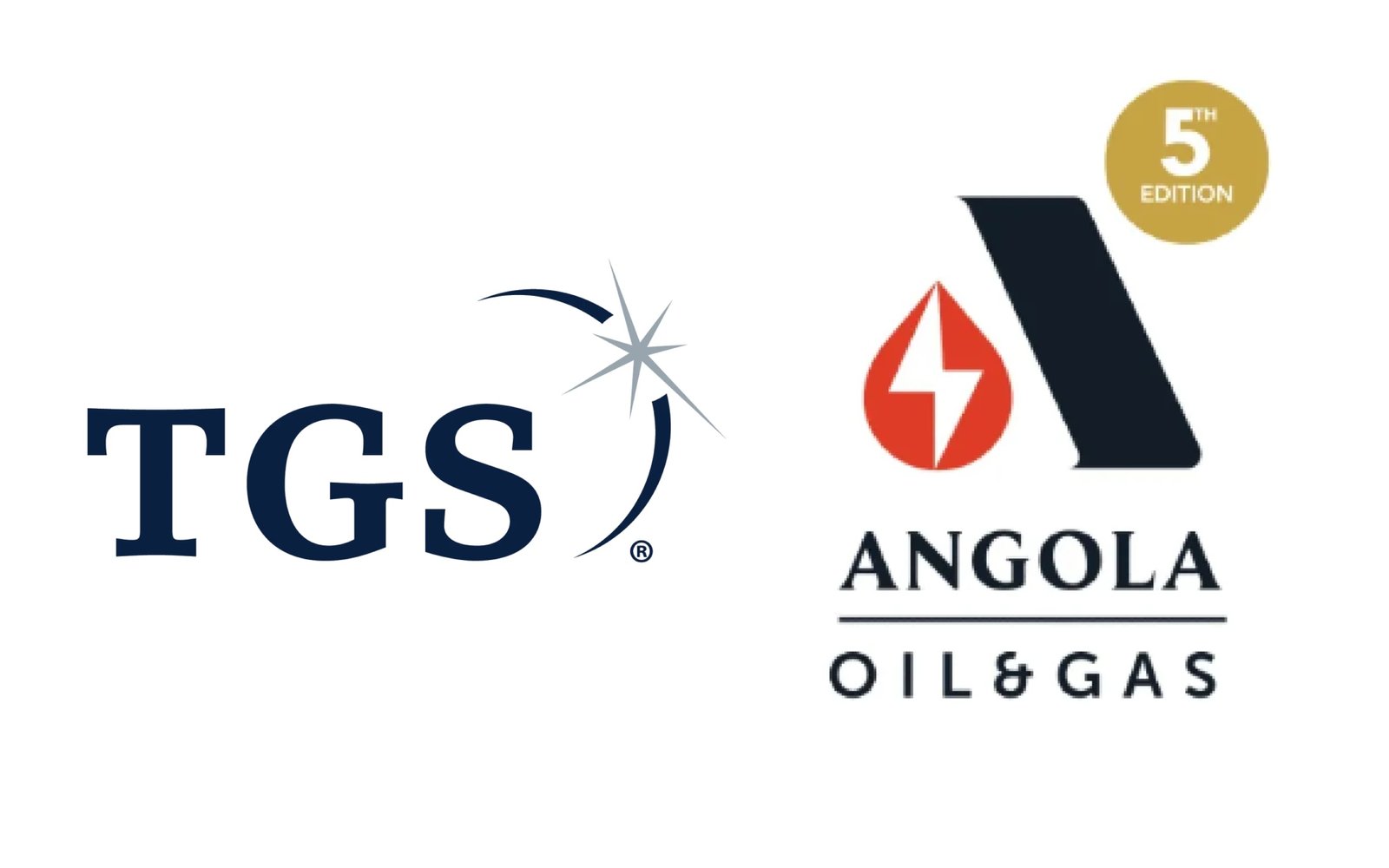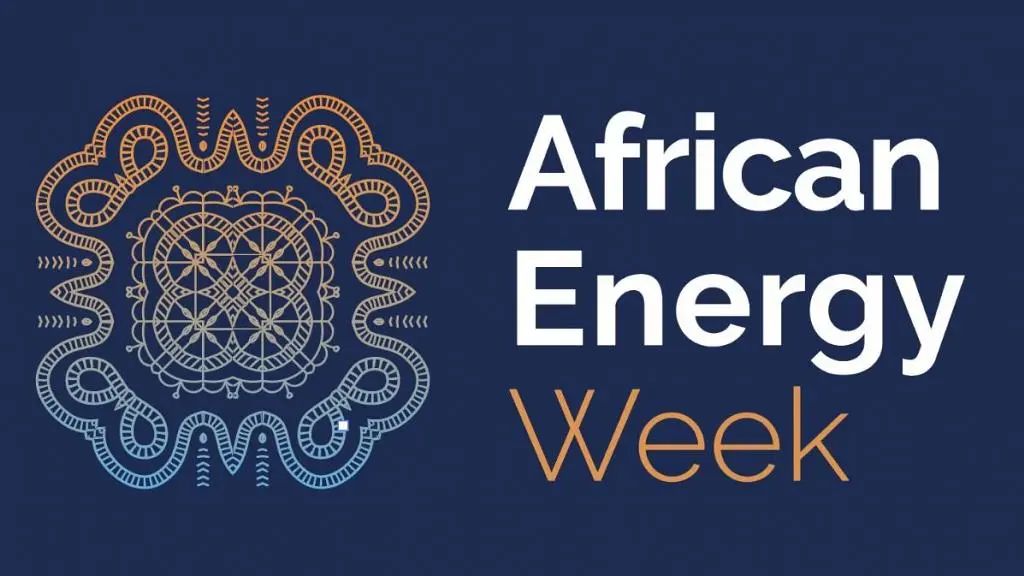Global primary energy demand is set to increase by 25% in the period to 2045
By Mohammad Sanusi Barkindo
I am deeply honored to have been asked to deliver this goodwill message as my home country Nigeria opens its ‘Decade of Gas’ summit.
Under the visionary leadership of our esteemed President, HE Muhammadu Buhari, GCFR, the ‘Decade of Gas’ from 2021-to-2030 looks to place Nigeria at the forefront of this vital global industry.
From OPEC, I would also like to express our deep gratitude to President Buhari, who has long been an advocate, including as Minister of Petroleum and Head of Nigeria’s Delegation to OPEC, in the Organization’s overarching commitment to sustainable market stability.
This was clearly on display during the unprecedented oil market slump in 2020 as a result of the COVID-19 pandemic, with the President playing a leadership role in unifying the commitment of participants in the Declaration of Cooperation (DoC) and, in turn, helping pull the industry back from the brink.
We continue to strongly follow his consensus-building foot steps that came to the fore during his tenure as Nigeria’s Minister of Petroleum and Natural Resources during the late 1970s.
The President has been witness to many great moments in OPEC’s history, and Nigeria’s role in these. Our great country celebrates its 50-year anniversary of OPEC Membership in July this year. It has been both a leader and bridge-builder over the past five decades, and this continues under President Muhammadu Buhari.
The ‘Petroleum Industry Bill’ that seeks to comprehensively reform Nigeria’s oil and gas industry is currently moving through the hallowed chambers of the National Assembly, and thus the ‘Decade of Gas’ is both timely and relevant.
The importance is also evident from OPEC’s World Oil Outlook (WOO).
The WOO sees natural gas as the fastest-growing fossil fuel over the forecast period, driven by higher urbanization rates, industrial demand, and its competitiveness over coal in power generation.
Moreover, at the end of the WOO forecast period in 2045, oil and gas are still expected to make up over 50% of the global energy mix.
In fact, global primary energy demand is set to increase by 25% in the period to 2045. The world needs more energy and Nigeria, as a reliable and dependable supplier of hydrocarbons to global markets, has a key role to play in this regard.
At the same time, there is the ongoing energy transition and the associated challenge: ensuring there is enough energy supply to meet future demand growth, and achieving this in a sustainable way, balancing the needs of people in relation to their social welfare, the economy, and the environment?
Looking at the scale of the energy transition challenge, we need to utilize all resources.
Tackling emissions has many pathways and we need to explore them all. The oil and gas industries are part of the solution; we possess critical resources and expertise that can help unlock our carbon-free future.
It is also important to remind ourselves of the historic plunge in oil and gas investments in 2020. In the oil sector alone, upstream oil capital expenditure could fall by more than 30% in 2020, a shrill wake-up call, exceeding the annual dramatic declines seen in the severe industry downturn in 2015 and 2016.
To put this in some perspective, globally, to 2045, our projections show that investments of more than $12 trillion will be needed in the upstream, midstream, and downstream.
I would like to commend the President for keeping faith with the requirements of continued heavy investments, including critical gas projects, such as the Ajaokuta–Kaduna–Kano Natural Gas Pipeline, the Nigeria LNG Train 7 project and actively promoting several fertilizer blending plants across the country, supporting the ongoing agrarian revolution.
Nigeria’s ‘Decade of Gas’ initiative also shines a beacon of light on the importance of the Gas Exporting Countries Forum (GECF), and the value of multilateralism. OPEC and the GECF have much in common. We have some of the same Member Countries, including Nigeria, who share similar founding principles and collaborate together.
Gas is vital to Nigeria’s future, as is oil. And both will be fuels of choice globally for the foreseeable future and instrumental in facilitating the energy transition.
What is clear is that no-one should be left behind. Sustainable Development Goal number seven of the UN ensures access to affordable, reliable, sustainable, and modern energy for all people of the world.
I hope that viewpoints, information, and analysis from this summit can benefit all stakeholders. It is by working together that we can build a future worthy of future generations.
On behalf of OPEC, I salute Mr. President for taking yet another giant stride in the development of our great country Nigeria.
– Being the Goodwill message by OPEC Secretary-General, HE Mohammad Sanusi Barkindo, at the Pre-Summit Conference on the Decade of Gas, Towards a Gas-Powered Economy by 2030, 29 March 2021.


